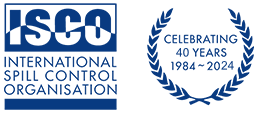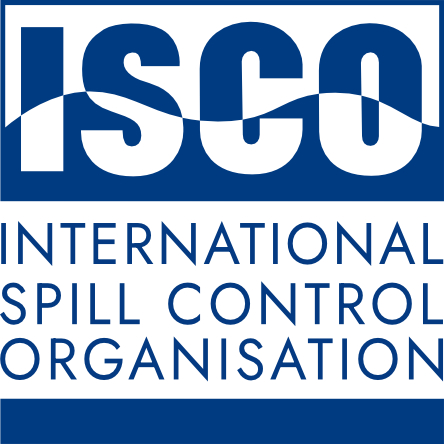EM OSR Knowledge Transfer Webinar- “The BIOS & ITOSS Shoreline Field Experiments”
Please join the ExxonMobil Oil Spill Response Knowledge Transfer Webinar series – Webinar 11 on September 6rd, 2022. Note there is still room for more participants so feel free to forward invite to others but ask that potential attendees RSVP me to get on the distribution list: [email protected].
Please also note that the webinar recordings are posted at https://www.youtube.com/playlist?list=PL5-xnKVew34ZbOGOB_EC7JXSlscXEC7BV. We will continue to update the webinar recordings at this site when they are ready. A full agenda of the webinar series is included at the end of the invite.
Information on Webinar 11 is shown below:
Guest speaker: Dr. Ed Owens (Owens Coastal Consultants Ltd.)
Topic: “The BIOS and ITOSS Oiled Shoreline Field Experiments”.
The shoreline component of the Environment Canada-led Baffin Island Oil Spill (BIOS) field experiment was conducted over two summers in a low energy, Canadian high arctic environment. Oil stranded from a nearshore controlled release in 1981 was allowed to weather naturally and studied over the following two decades. Separately, in 1981 and 1982, a series of oiled intertidal and supratidal plots were used to test four cleanup and treatment methods (burning, chemical dispersion, mixing, and solidification). The 1997 In-situ Treatment of Oiled Sediment Shorelines (ITOSS) field trials, again led by Environment Canada, were conducted in Svalbard, Norway. This field experiment focused on in-situ shoreline treatment methods (bioremediation, mixing, and sediment relocation) applied to large oiled intertidal plots. Both of these two large international, multidisciplinary field experiments advanced our understanding of the methods that were tested and the lessons learned continue to be applicable to this day.
Dr. Owens was seconded to the “Arrow” response operation in Nova Scotia in 1970, because he knew something about shorelines –although nothing about oil spills. He spent the next 10 years as a government and university research scientist trying to avoid oil spills. To no avail. So, eventually in 1979 he succumbed to the world of consultants and has been involved full time since then with preparedness, training, research, as well as responding to spills worldwide. His focus is on innovation for coastal oil spills and to continually improve shoreline response programs by adapting lessons learned to the decision process and operational practices. He pioneered aerial videotape mapping techniques in the early 1980s which evolved during the 1989 Prince William Sound response into the shoreline survey strategy today known as SCAT. Currently, among other things, he is actively evaluating the applications of canine detection dogs for shoreline and pipeline spills and the analysis of UAS (“drone”) imagery to support shoreline surveys.
Zoom link:
***********************************
Join from a PC, Mac, iPad, iPhone or Android device:
Please click this URL to join. https://exxonmobil.zoom.us/j/95652855033?pwd=b1NiN1F6bTRIb2hxOGJsMUZOdkd2QT09
Passcode: 798155
Or One tap mobile:
+13462487799,,95652855033#,,,,*798155# US (Houston)
+16465588656,,95652855033#,,,,*798155# US (New York)
Or join by phone:
Dial(for higher quality, dial a number based on your current location):
US: +1 346 248 7799 or +1 646 558 8656 or +1 669 900 9128 or +1 253 215 8782 or +1 301 715 8592 or +1 312 626 6799
Webinar ID: 956 5285 5033
Passcode: 798155
International numbers available: https://exxonmobil.zoom.us/u/ab8mvO20NM


